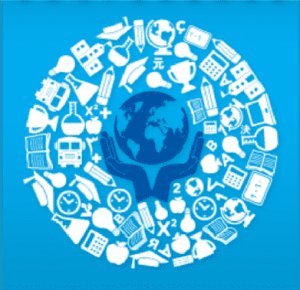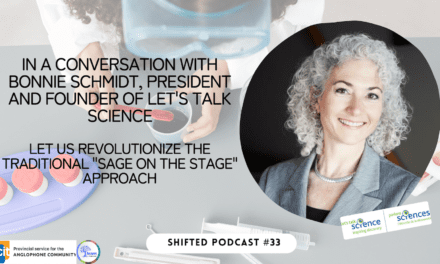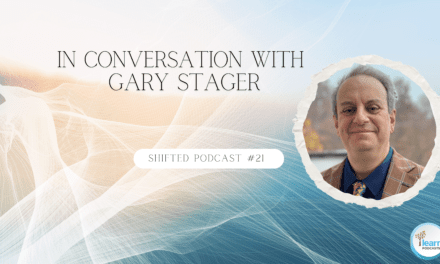I recently had the privilege to hear Howard Gardner interviewed by his son, Andrew Gardner, at the Global Education Conference. I did not have to go to the conference; it came to me through Blackboard / Collaborate.
I was aware of Gardner’s work on Multiple Intelligences. I was not aware of all the work he has done on ethical issues. He is part of Project Zero at Harvard. Two projects, Good Work and Good Play were of particular interest.
Good Work http://www.goodworkproject.org/
“The GoodWork™ Project is a large scale effort to identify individuals and institutions that exemplify good work – work that is excellent in quality, socially responsible, and meaningful to its practitioners – and to determine how best to increase the incidence of good work in our society.”
He talked about the three “E’s” – technically Excellent, personally Engaging and carried out in an Ethical way. This is very pertinent in today’s society.
Out of this project came their Good Play project which looked at people participating in new media. The five aspects they looked at are
- What does it mean to have a sense of identity in an online world
- What happens to a sense of privacy
- Ownership and authorship
- Trustworthiness and credibility
- What does it mean in the digital era to participate in a community
This project led to a digital ethics curriculum aimed at high school students: Our Space: Being a Responsible Citizen of the Digital World. The book is available to be downloaded in pdf form under a Creative Commons license. http://www.goodworkproject.org/practice/our-space/
It looks at the issues listed above through moral dilemmas.
From the introduction
“Our Space is inspired by the belief that young people need to think habitually about online life in ethical terms. In this casebook, we define ethical thinking as the capacity to think about one’s roles and responsibilities in the communities in which one participates, offline and online. Such thinking requires the capacity to think abstractly about one’s roles; to do so in a nonpartisan, disinterested way; and to consider the impact of one’s actions beyond the self and on a larger collective—such as one’s school, community, state, nation, and world. Research conducted by the GoodPlay Project suggests that young people rarely think in ethical ways about their online activities
Part of the problem is that young people have had little mentoring in living in the digital world. In the Our Space Curriculum, there are suggestions to teachers as to how to use the dilemmas and guide discussions. It is not enough to tell students that things are wrong; the discussions around these dilemmas will help students to see the multi-dimensional aspects of these issues. I think this will be a valuable asset to teachers.
You can watch and listen to the session here.
https://sas.elluminate.com/mr.jnlp?suid=M.ED21ED4435E02E4D78111D742981E2&sid=2008350
You will be asked to download an app which will then give you the recorded session in Blackboard Collaborate
Some of Dr. Gardner’s books include:
Frames of Mind (1993)
Five Minds for the Future (2006)
Good Work: When Excellence and Ethics Meet (2001) with Mihaly Csikszentmihalyi and William Damon
Truth, Beauty and Goodness Reframed: Educating for the Virtues in the Twenty-First Century (2011)
He has written many more.
Links to all archived sessions from the 2011 Global Education Conference
http://globaleducation.ning.com/page/2011-conference-quick-links
Learning any time anywhere,
Susan van Gelder





